Jaguar boss says NO new cars for sale for a year is part of ‘strategic decision’
Jaguar’s boss has defended the carmaker’s decision to stop selling new cars for a year ahead of its bold transition to electric vehicles.
The British brand has stopped production of all petrol and diesel models for the British market for the first time since World War II, as it ends its 102-year relationship with the internal combustion engine.
This anticipates the switch to battery power from 2026 and dealers closed order books to new customers last week, leaving Jaguar without any new cars for sale during what it has called a ‘sunset period’.
When asked whether it was a mistake to take a twelve-month break from the market, managing director Rawdon Glover said this had always been part of a ‘strategic decision’, with Jaguar wanting a ‘fire break’ period for dealers and customers to prepare for its electric rebrand.
Jaguar is now completely reliant on its used car sales network to get through the next twelve months.
Jaguar chief executive Rawdon Glover (pictured) has defended the company’s move to stop selling new cars for 12 months as it prepares to become a luxury brand focused exclusively on electric vehicles from 2026.
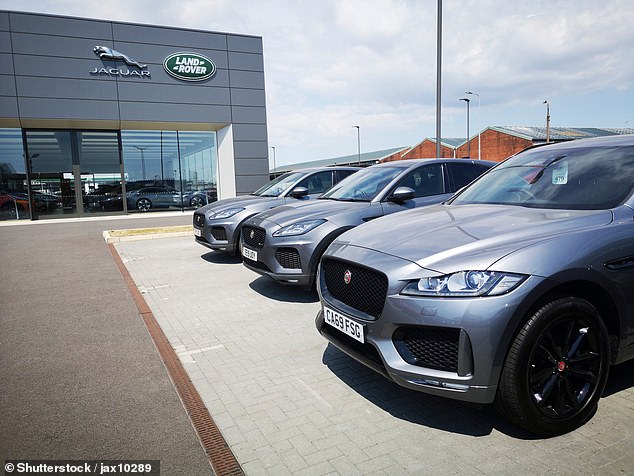
Last week, Jaguar’s entire dealer network closed its order books to new customers
While many car manufacturers have put the brakes on their ambitions to go electric this decade, Jaguar is bucking the trend.
Its idiosyncratic approach will gain momentum next month when the company unveils a concept version of its first all-new electric car, which it will fully unveil late next year.
In preparation, it has already made existing models for British customers, with the British-built XE and XF sedans and the F-Type sports car retiring in May.
Production of the largest model – the F-Pace – will continue in Solihull for the time being, but this will only be production for overseas markets. A spokesperson for the brand confirmed that UK production was halted this month.
And while production of the compact E-Pace SUV and its only electric car – I-Pace – in Graz, Austria, continues until the end of the year, the UK allocation has also sold out.
Jaguar says I-Pace availability will continue, but only for “business customers until 2025.”
It means that Jaguar has effectively stopped all car sales in Britain for the first time since the Second World War.
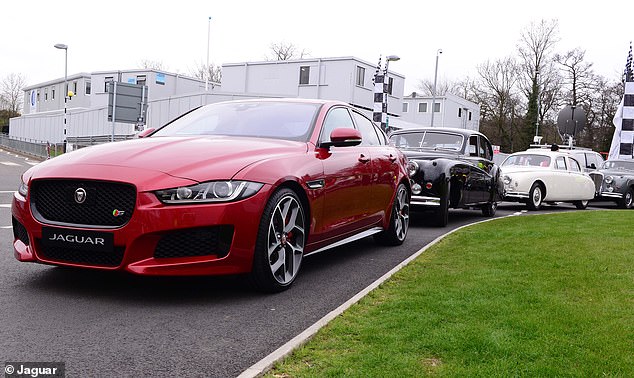
Jaguar ceased production of all petrol and diesel models prior to the switch to electric power
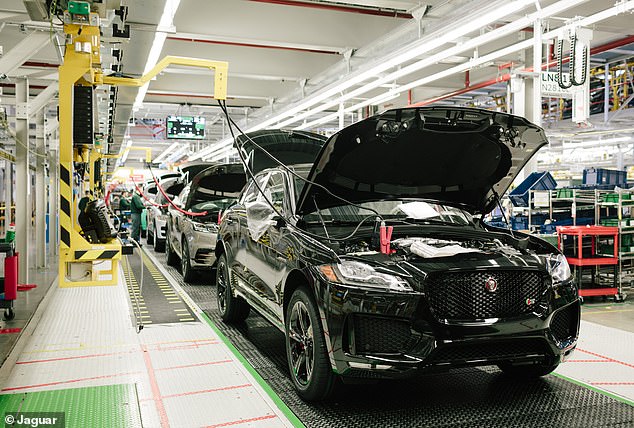
Production of the right-hand drive F-Pace SUVs was halted in October
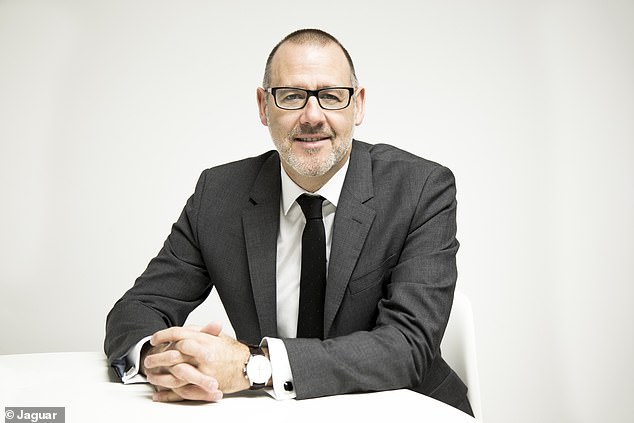
Glover said the year-long exit from the new car market was part of a planned ‘fire break’
Next Tuesday, Jaguar bosses will shed some light on the brand’s new brand identity and how it will tackle the company’s dramatic change.
Before the announcement, Glover said the year-long exit from the new car market was part of a planned “fire pause” to “give customers and dealers a chance to reset as we move into this new era for the brand,” Glover said. Magazine for car dealers.
A Jaguar spokesperson told This is Money: ‘As part of a planned sunset period of our current Jaguar vehicles, new car sales in the UK have come to an end as we prepare to relaunch the Jaguar brand from December 2024.
‘In anticipation of our future Jaguar collection, we have deliberately created breathing space where the new brand and vision can come to life.
‘UK customers will be able to purchase current Jaguar models on an approved pre-owned basis through our UK retail network, and for existing Jaguar customers, maintenance, repair and warranty work will continue through our network of Jaguar Authorized Repairers.’
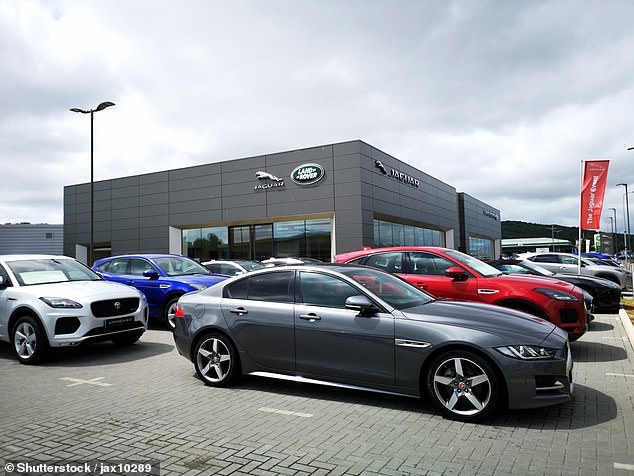
Jaguar’s decision to stop selling cars means it is now completely dependent on its deployed network
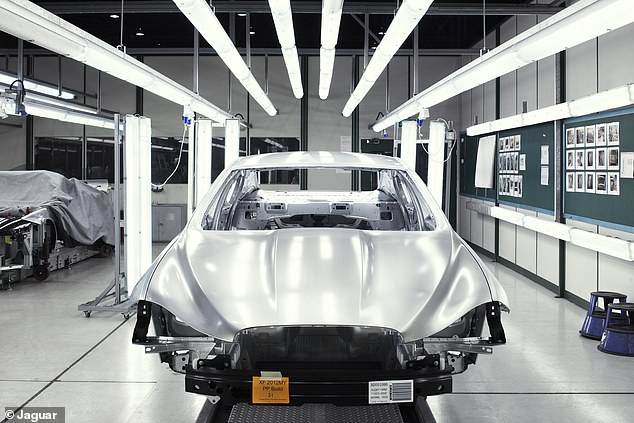
Many car manufacturers have put the brakes on their electric ambitions, Jaguar is bucking the trend
Jaguar is driving in a different direction than its rivals
Jaguar’s decision to continue with its electric transition is a stark contrast to some of its biggest rivals.
Bentley last week became the latest to backtrack on its EV pledge, confirming it had pushed back its plan to become an all-electric carmaker by five years to 2035. It also said the first all-electric car arriving in 2026 won’t be a sleek car. luxury coupe, but instead a large, premium SUV.
In September, Volvo announced that it would not only become an electric car brand from 2030, as it had previously promised.
The Swedish brand – which is now a major competitor to JLR in the premium vehicle segment – said it now aims for 90 to 100 percent of its global sales to be pure electric or plug-in hybrid by the end of the decade .
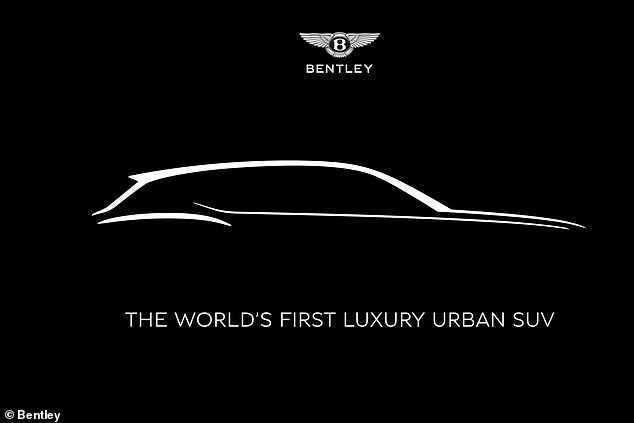
Bentley confirmed earlier this week that its plan to sell exclusively electric vehicles from 2030 would be postponed
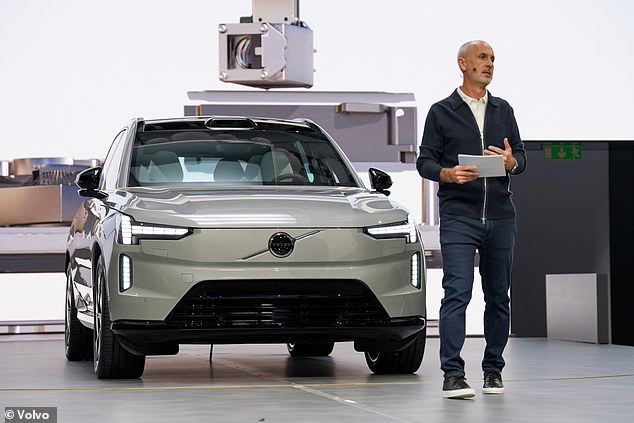
Volvo Cars CEO Jim Rowan (pictured) said in September that it had become clear that “customers and markets are switching” to electric cars at different adoption rates
Luxury car manufacturer Porsche also announced this fall that it was postponing its plans because the transition to EV is taking longer than expected.
The company has downplayed its target of having 80 percent of sales be all-electric by 2030 and further confirmed that it will continue to sell the existing Cayenne combustion SUV for the next decade.
In recent months, Toyota has confirmed it will significantly reduce its EV production volumes by 2026, while Renault’s boss said carmakers are not on the “right path” to go all-electric by 2035 – the date proposed by the EU to to ban new petrol and diesel cars, which is five years later than the UK deadline.
Ford bosses said in July that the car will not be fully electric by 2030, despite this being expected to happen as early as February 2021.
Aston Martin has also said it is delaying the launch of its first electric car in response to declining demand for new electric cars.
The industry’s massive retreat from EV promises also comes against a backdrop of brands cutting their existing EV prices in a bid to boost sales, announcements of longer life cycles for gasoline cars and some brands shutting down production lines for temporarily halting battery vehicles due to a lack of electric cars. of the question.
Some links in this article may be affiliate links. If you click on it, we may earn a small commission. That helps us fund This Is Money and keep it free to use. We do not write articles to promote products. We do not allow a commercial relationship to compromise our editorial independence.
